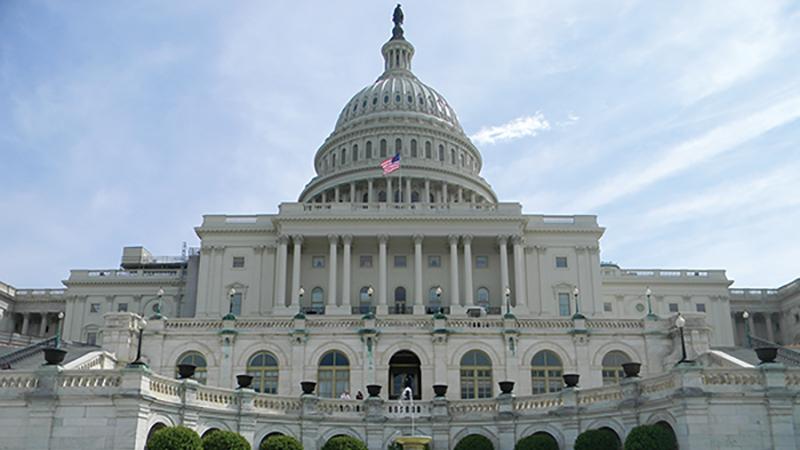
Increasing production of SAF in the U.S. will fall to the Republican-controlled Congress and the second Trump administration.
Credit: Bill Carey/AW&ST
Business aviation has leapt ahead of airlines in adopting sustainable aviation fuel, but a change in U.S. presidents and renewed Republican control of Congress has injected uncertainty into the wider industry’s progress toward the goal of net-zero carbon emissions. As of late November...
Sustainable Aviation Fuel's Fast Start Hits A Speed Bump is part of our Aviation Week & Space Technology - Inside MRO and AWIN subscriptions.
Subscribe now to read this content, plus receive full coverage of what's next in technology from the experts trusted by the commercial aircraft MRO community.
Already a subscriber to AWST or an AWIN customer? Log in with your existing email and password.


